Asian People’s Wellness: Balancing Health and Happiness
Wellness is a vital aspect of our lives that contributes to our overall health and happiness. Asian people, with their rich cultural heritage and diverse practices, have long embraced holistic approaches to wellness. In this post, we will explore the concept of wellness and how Asian individuals can cultivate a balanced and fulfilling life.
The Wellness Wheel: A Pathway to Optimal Well-being
 One popular tool that Asian people use to assess and enhance their wellness is the Wellness Wheel. The Wellness Wheel encompasses different dimensions of well-being, including physical, emotional, social, intellectual, environmental, and spiritual wellness. By aiming to balance these dimensions, individuals can achieve a state of optimal well-being.
One popular tool that Asian people use to assess and enhance their wellness is the Wellness Wheel. The Wellness Wheel encompasses different dimensions of well-being, including physical, emotional, social, intellectual, environmental, and spiritual wellness. By aiming to balance these dimensions, individuals can achieve a state of optimal well-being.
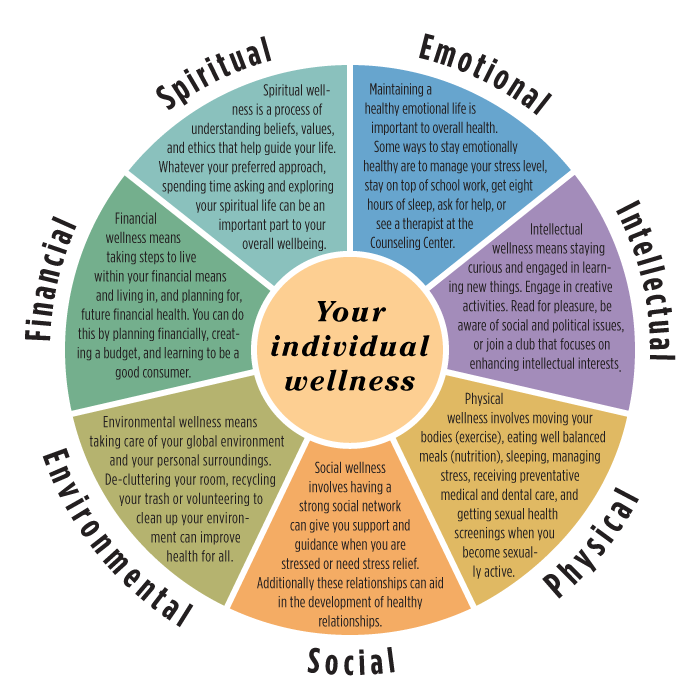 Each dimension of the Wellness Wheel plays a crucial role in our overall wellness. Let’s delve into these dimensions and explore how Asian individuals can cultivate a healthier lifestyle:
Each dimension of the Wellness Wheel plays a crucial role in our overall wellness. Let’s delve into these dimensions and explore how Asian individuals can cultivate a healthier lifestyle:
Physical Wellness: Nurturing the Body
 Physical wellness focuses on taking care of our bodies through regular exercise, balanced nutrition, and adequate rest. Asian people often embrace traditional practices like yoga, Tai Chi, and Ayurveda to enhance their physical well-being. These practices not only promote flexibility, strength, and balance but also foster mental clarity and inner peace.
Physical wellness focuses on taking care of our bodies through regular exercise, balanced nutrition, and adequate rest. Asian people often embrace traditional practices like yoga, Tai Chi, and Ayurveda to enhance their physical well-being. These practices not only promote flexibility, strength, and balance but also foster mental clarity and inner peace.
Emotional Wellness: Cultivating Inner Harmony
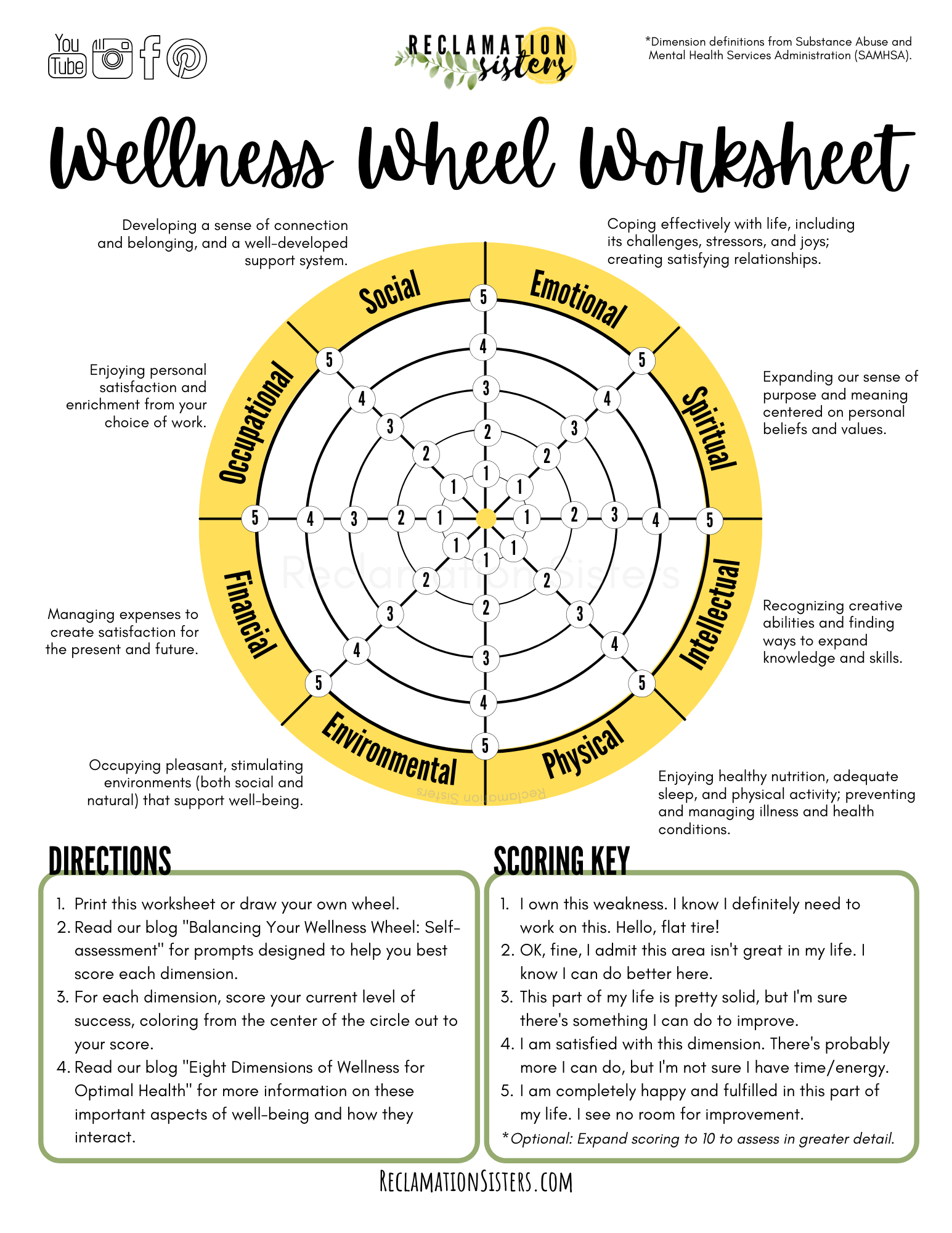 Emotional wellness emphasizes the recognition and management of our emotions. Asian individuals often turn to mindfulness practices, such as meditation and breathing exercises, to cultivate emotional well-being. These practices enable individuals to develop resilience, reduce stress, and foster a positive mindset.
Emotional wellness emphasizes the recognition and management of our emotions. Asian individuals often turn to mindfulness practices, such as meditation and breathing exercises, to cultivate emotional well-being. These practices enable individuals to develop resilience, reduce stress, and foster a positive mindset.
Social Wellness: Building Meaningful Connections
 Asian culture places a strong emphasis on family and community. Social wellness involves nurturing supportive relationships, fostering a sense of belonging, and maintaining healthy communication. Asian individuals often engage in community activities, volunteer work, and maintaining close-knit family ties, which contribute to their overall social well-being.
Asian culture places a strong emphasis on family and community. Social wellness involves nurturing supportive relationships, fostering a sense of belonging, and maintaining healthy communication. Asian individuals often engage in community activities, volunteer work, and maintaining close-knit family ties, which contribute to their overall social well-being.
Intellectual Wellness: Expanding Knowledge and Curiosity
 Intellectual wellness involves continually expanding our knowledge and engaging in stimulating mental activities. Asian individuals foster intellectual wellness by pursuing educational opportunities, engaging in thought-provoking discussions, and exploring creative outlets. These practices promote cognitive growth, enhance problem-solving skills, and stimulate personal development.
Intellectual wellness involves continually expanding our knowledge and engaging in stimulating mental activities. Asian individuals foster intellectual wellness by pursuing educational opportunities, engaging in thought-provoking discussions, and exploring creative outlets. These practices promote cognitive growth, enhance problem-solving skills, and stimulate personal development.
Environmental Wellness: Harmonizing with Nature
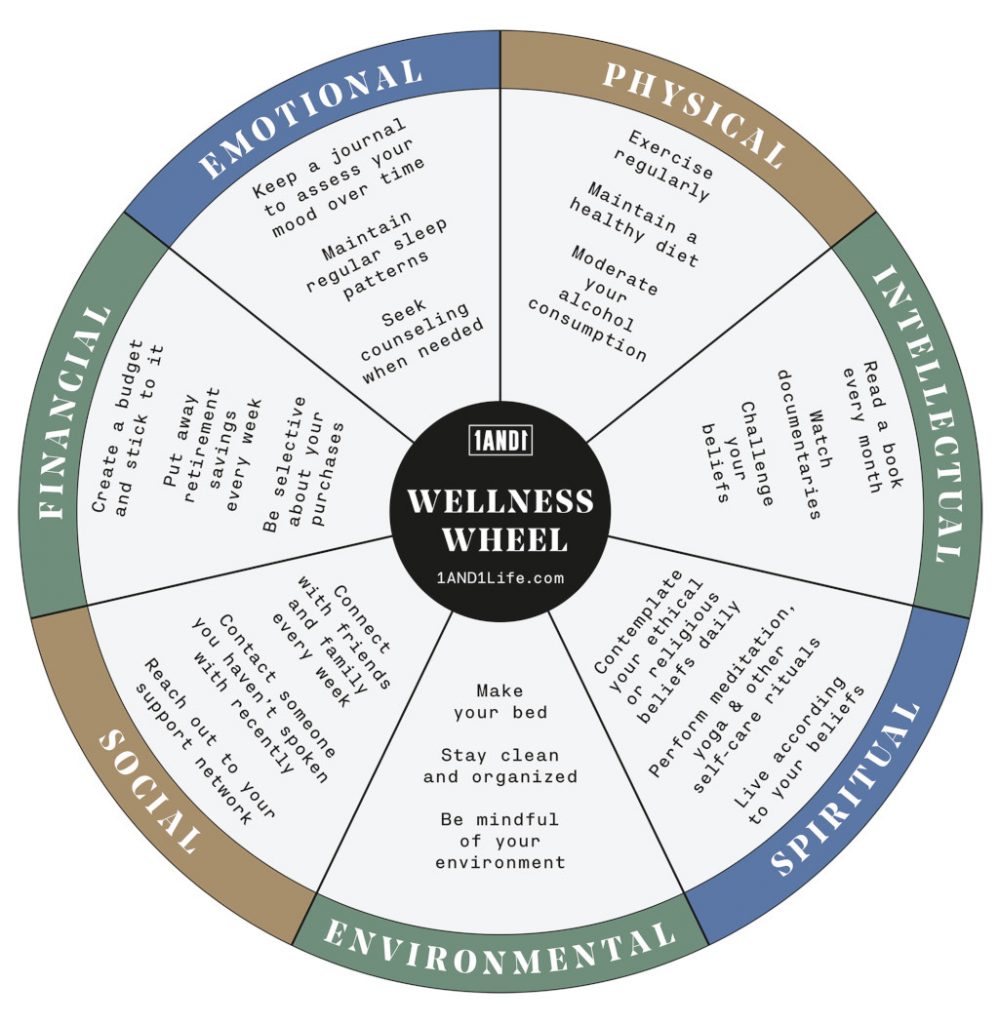 Living in harmony with nature is deeply rooted in Asian culture. Environmental wellness encompasses practices that promote sustainability, conservation, and a deep respect for the natural world. Asian individuals often prioritize eco-friendly habits, such as recycling, conserving energy, and spending time in nature, which contribute to their environmental well-being.
Living in harmony with nature is deeply rooted in Asian culture. Environmental wellness encompasses practices that promote sustainability, conservation, and a deep respect for the natural world. Asian individuals often prioritize eco-friendly habits, such as recycling, conserving energy, and spending time in nature, which contribute to their environmental well-being.
Spiritual Wellness: Nurturing the Soul
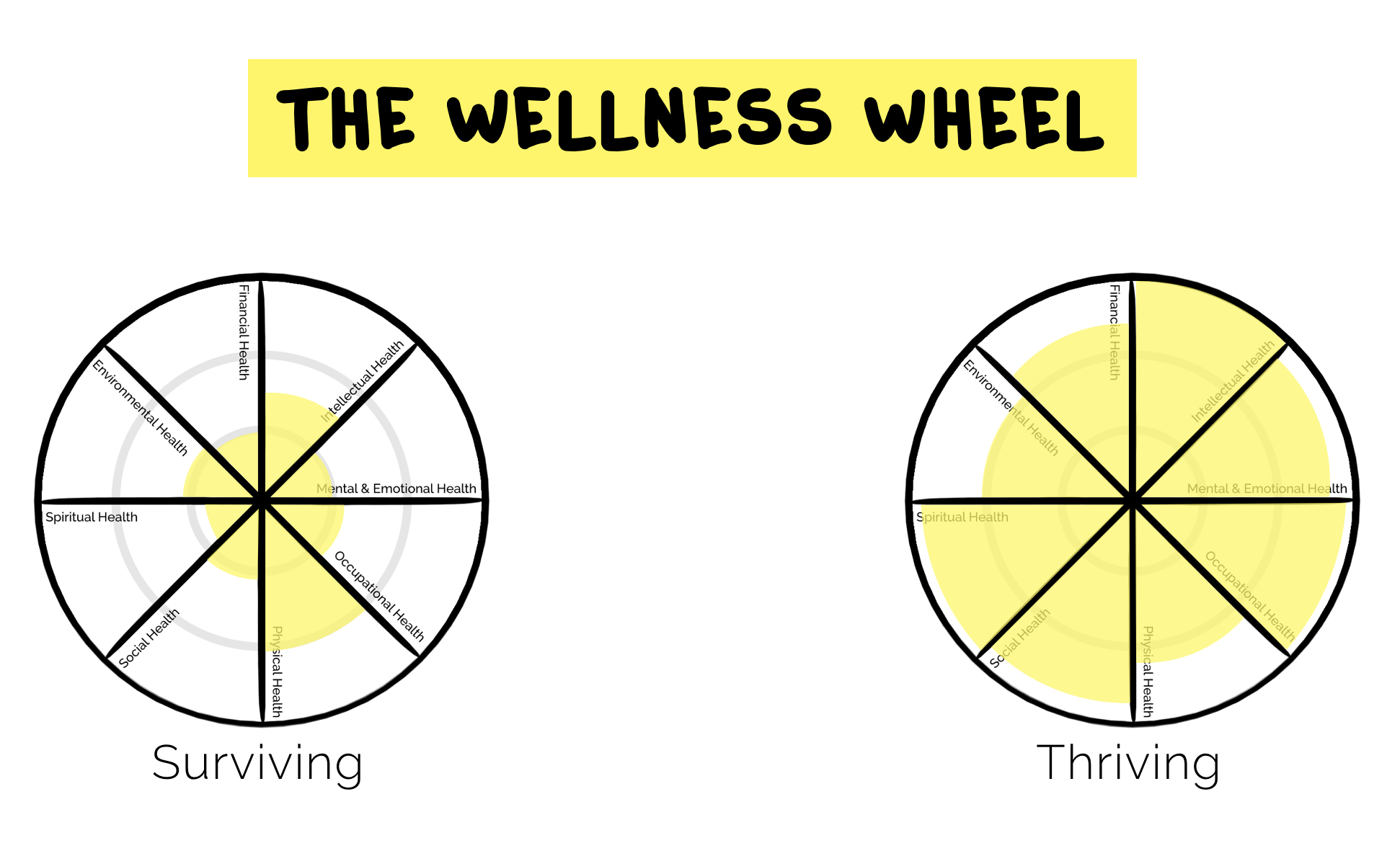 Spiritual wellness involves finding meaning, purpose, and connection with something greater than oneself. Asian people often draw from their rich religious and spiritual traditions, such as Buddhism, Hinduism, Taoism, and Confucianism, to nurture their spiritual well-being. Practices like meditation, prayer, and self-reflection help individuals find inner peace and develop a sense of purpose.
Spiritual wellness involves finding meaning, purpose, and connection with something greater than oneself. Asian people often draw from their rich religious and spiritual traditions, such as Buddhism, Hinduism, Taoism, and Confucianism, to nurture their spiritual well-being. Practices like meditation, prayer, and self-reflection help individuals find inner peace and develop a sense of purpose.
Conclusion
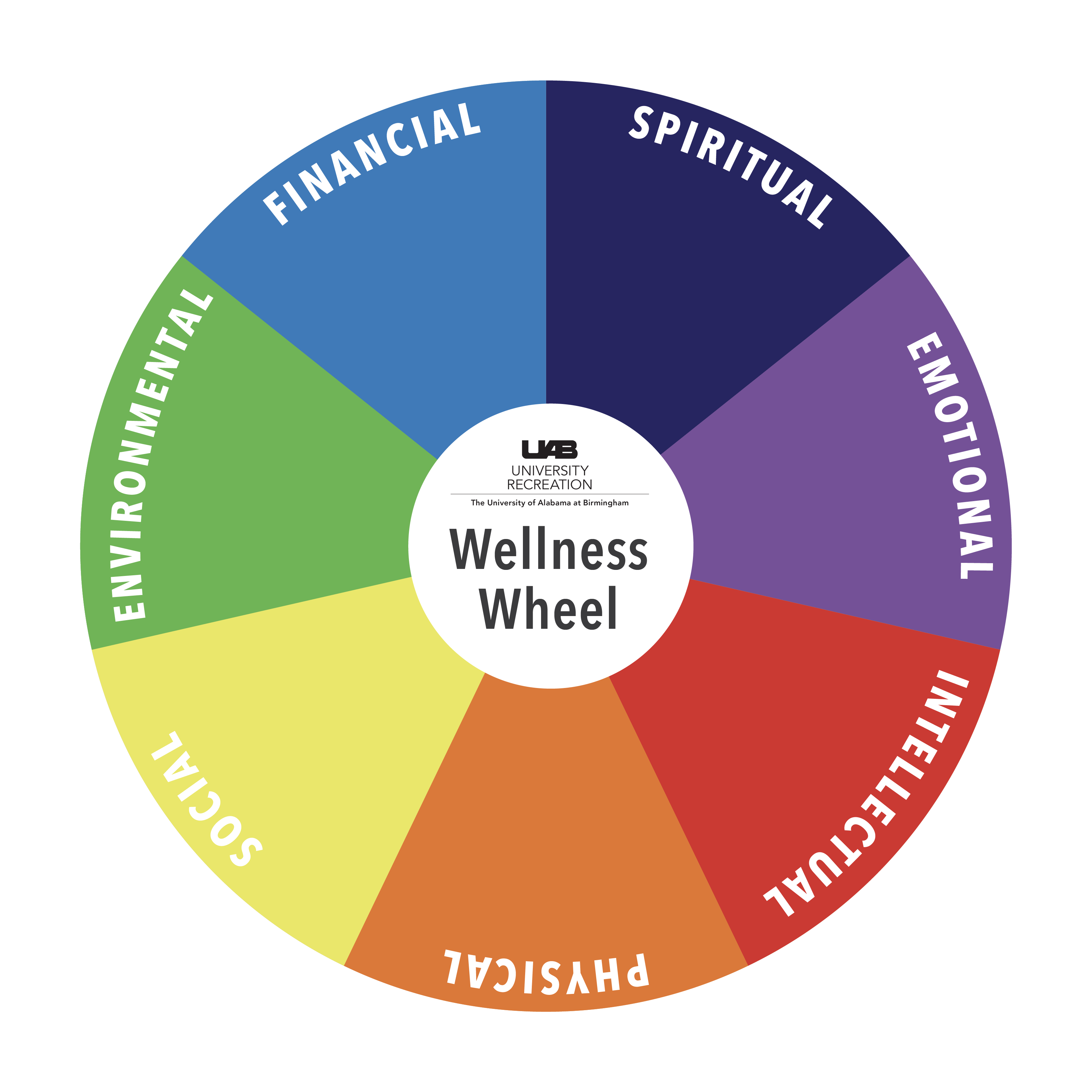 Incorporating the Wellness Wheel dimensions into our daily lives can lead to a more balanced and fulfilling existence. Asian individuals have long valued the interplay between physical, emotional, social, intellectual, environmental, and spiritual wellness. By embracing practices like yoga, meditation, mindfulness, and community engagement, Asian people can continue to prioritize their well-being and inspire others to join them on this transformative wellness journey.
Incorporating the Wellness Wheel dimensions into our daily lives can lead to a more balanced and fulfilling existence. Asian individuals have long valued the interplay between physical, emotional, social, intellectual, environmental, and spiritual wellness. By embracing practices like yoga, meditation, mindfulness, and community engagement, Asian people can continue to prioritize their well-being and inspire others to join them on this transformative wellness journey.
Remember, wellness is a lifelong journey, and each of us has the power to shape our well-being. Let’s embrace the wisdom and practices from Asian cultures to nurture our physical, emotional, social, intellectual, environmental, and spiritual dimensions, and create a life of balance, happiness, and vitality.